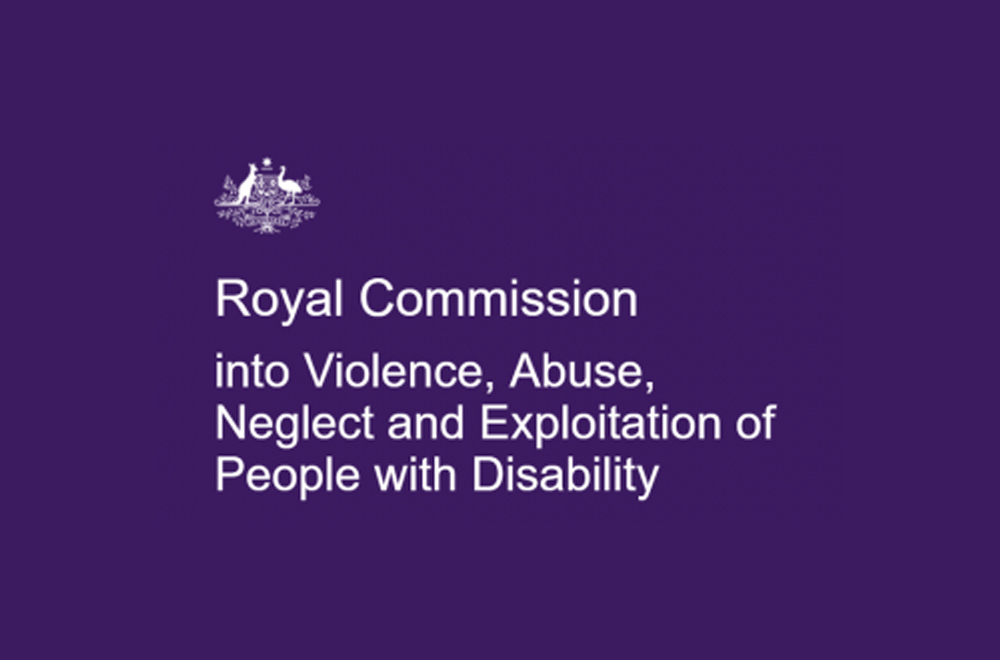After ten months, the Federal government handed down the Commonwealth’s response to the landmark Disability Royal Commission last week.
And in a move that has disappointed many in the disability community, the Commonwealth accepted just 13 of the total 222 recommendations in full.
The Commonwealth did not commit to recommendations to phase out segregated employment, group homes or special schools.
Handing down the response last week, the government said the Commonwealth had accepted or accepted in-principle 130 recommendations, while the remaining recommendations that are the joint or sole responsibility of the Commonwealth are for further consideration or were noted.
The states and territories also released their own responses in relation to the recommendations that apply to them.
In announcing the response, Minister for Social Services Amanda Rishworth said the Government’s response was an important step to realising the vision for an inclusive Australia where people with disability can live with dignity, equality and respect.
“We are deeply grateful to the thousands of people who shared their trauma and experiences and took part in the Royal Commission, as well as in our consultations on what form the response should take,” Minister Rishworth said.
Advocates respond
Despite the government’s words, advocates have reacted with disappointment to the news.
Children and Young People with Disability Australia (CYDA) called the response “deeply unsettling”, and said the government’s decision to merely ‘note’ the recommendation to phase out segregated education, and the lack of clear commitment from states and territories, is a disappointing shirking of responsibility.
“Today’s response is a failure of leadership and a betrayal of children and young people with disability across the country,” said CYDA CEO Skye Kakoschke-Moore.
“We owe it to the next generation of students with disability to act swiftly and decisively in phasing out segregated education and transforming Australia’s education system.”
Disability sector advocate River Knight labelled the result an “insult”.
“To hear that after 10 months all we get is less than 10 percent of the recommendations fully accepted and we see very little actual action on the ground or rapid response to provide immediate face to face safeguards is an insult,” he said.
“”How can our leaders have evidence of such huge amounts of human rights breaches, violence, abuse, neglect and exploitation identified pre-royal commission, during the 4 years of the commission and after 10 months be at the stage of basically saying ‘yeah we agree with a few things, haven’t done much about any of them, probably need to think more about some stuff and the states have to work on the rest, but in the mean time, chin up while you continue to experience violence, abuse, neglect and exploitation’?”
“All I can say to our leaders is please don’t think that the 4.4 million Australians living with disability, their family, friends and carers, are stupid. You can say you are committed and value and care and are working on, working with, listening to and all the other focus group approved phrases for only so long before we better see action and fast!”
Co-designing a way forward
People with Disability Australia said the government’s response did not go far enough in addressing the violence, abuse, neglect and exclusion that people with disability face.
The organisation called for “an end to segregation” and said co-design would bring about the changes needed.
“We must see a different narrative. We can correct the course. We look forward to being equal partners with the government in bringing the Royal Commission’s vision of a fully inclusive society to life, and that work must start now,” said PWDA President Marayke Jonkers.
Megan Spindler-Smith, PWDA’s Deputy CEO, added: “to see an end to segregation, we need large-scale change, political will and most importantly people with disability having equitable leadership as part of the decision-making process. What this means is that there is a process where no decision is made about us without us all. We need decision makers to understand this is not just a saying, it is a demand for equity and inclusion that will bring about real change.
“Along with other Disability Representative Organisations, we are calling for the formation of a Disability Reform Implementation Council that includes people with disability to work on the recommendations that are accepted, accepted in principle and also those noted or not yet accepted.”
The Government said it will continue to work closely with state and territory governments, as well as people with disability to implement reforms to disability services and supports.
Read the full government response to the Disability Royal Commission on the Department of Social Services website.

